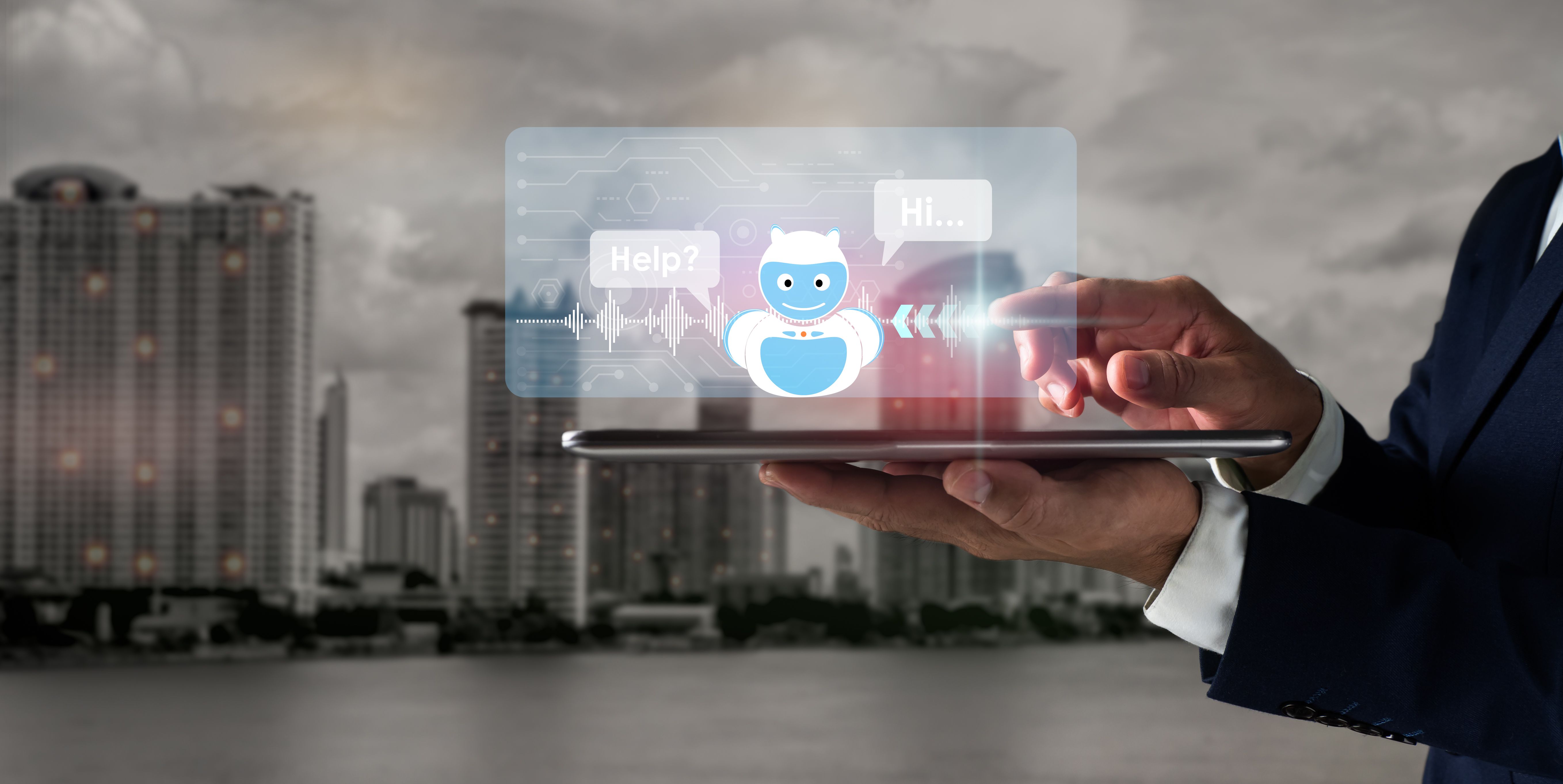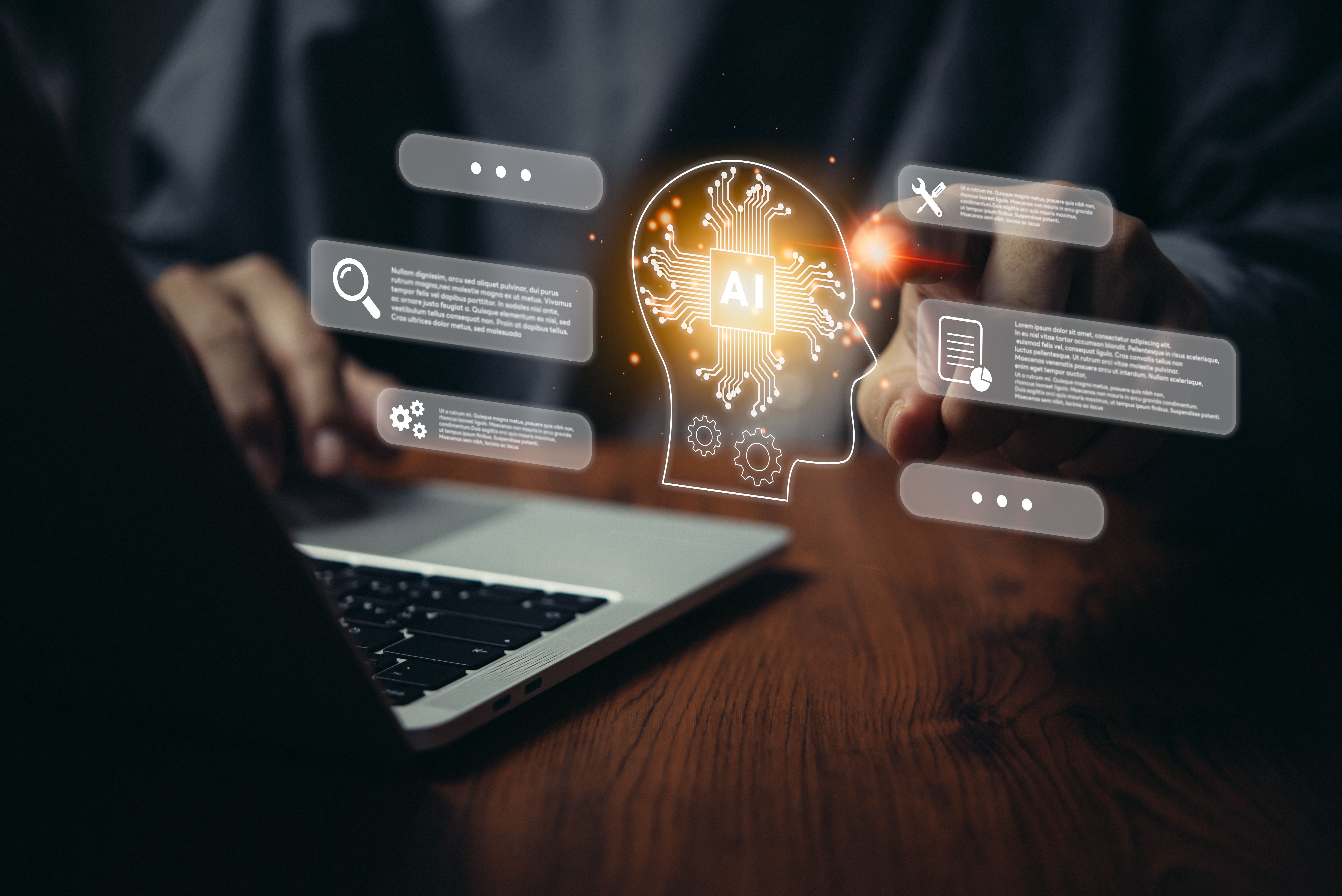Chatbots: Revolutionizing Government-Citizen Engagement
Transforming Communication with Technology
In recent years, the rapid advancement of technology has opened up new avenues for enhancing communication between governments and citizens. One of the most promising developments in this area is the introduction of chatbots. These AI-powered tools are revolutionizing the way government agencies interact with the public, making services more accessible and efficient than ever before.
Chatbots provide a 24/7 communication channel that can handle a wide range of inquiries, from simple questions about public services to more complex procedural guidance. This constant availability ensures that citizens can access important information whenever they need it, without the delays associated with traditional office hours.

Streamlining Public Services
The integration of chatbots in government systems is streamlining public services by automating routine tasks and facilitating quicker responses. For example, chatbots can assist with the processing of applications for permits, licenses, and other official documents. This not only reduces wait times but also allows government employees to focus on more complex issues that require human intervention.
Moreover, chatbots can help reduce the burden on government call centers by handling a significant portion of inquiries. By filtering out routine questions, these AI tools enable human operators to concentrate on more critical or sensitive matters, enhancing overall service quality.
Enhancing Citizen Engagement
Beyond operational efficiency, chatbots are also playing a crucial role in improving citizen engagement. They offer a personalized experience by tailoring responses based on the user's previous interactions and preferences. This personalized approach fosters a stronger connection between citizens and their government, encouraging more active participation in civic matters.

Additionally, chatbots can be programmed to communicate in multiple languages, making information accessible to a broader audience. This inclusivity is vital in multicultural societies where language barriers can often impede effective communication.
Challenges and Considerations
While chatbots offer numerous benefits, their implementation is not without challenges. Ensuring data privacy and security is paramount, as these systems handle sensitive information. Governments must implement robust security measures to protect citizen data and maintain trust in these digital interactions.
Furthermore, it's important to design chatbots that are user-friendly and capable of understanding diverse queries accurately. Continuous updates and improvements are necessary to keep the technology relevant and effective in addressing citizens' needs.

The Future of Government-Citizen Interaction
The potential of chatbots in transforming government-citizen engagement is vast. As AI technology continues to advance, we can expect even more sophisticated chatbot solutions that offer greater accuracy and functionality. This evolution will further strengthen the link between governments and their constituents, ensuring that public services are more responsive and inclusive.
In conclusion, chatbots are not just a technological novelty but a crucial component in modernizing government communication strategies. By leveraging these tools, governments can enhance service delivery, improve citizen satisfaction, and build a more engaged and informed society. The future of government-citizen interaction is undoubtedly bright with the continued integration of chatbot technology.
